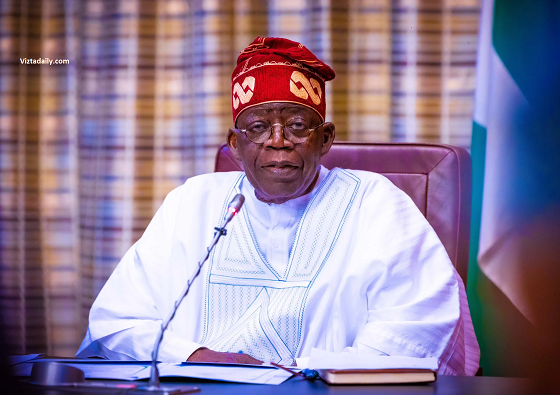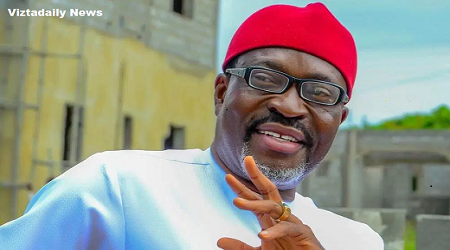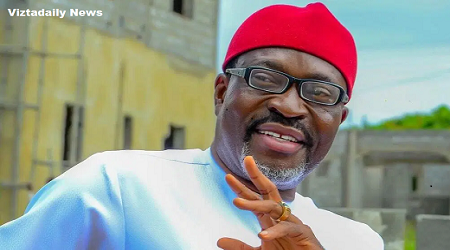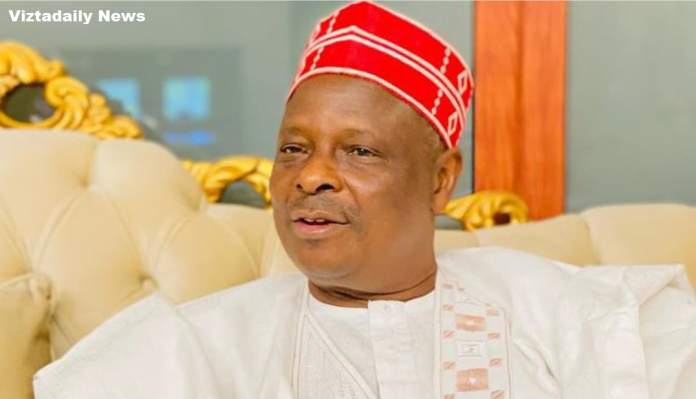Dating is a universal experience that transcends cultures and generations. It’s a journey of self-discovery, connection, and growth. In today’s fast-paced world, the dynamics of dating tips have evolved, influenced by technology, changing societal norms, and individual preferences. This guide aims to provide a holistic approach to dating, offering tips and advice to help you build meaningful and lasting connections.
1. Understanding Modern Dating
Modern dating is characterized by a blend of traditional practices and contemporary innovations. With the rise of online dating platforms, social media, and changing relationship paradigms, understanding the current dating landscape is crucial.
Embarking on the journey of dating can be both exhilarating and daunting. Whether you're new to the dating scene, re-entering after a hiatus, or seeking to enhance your current relationship, this comprehensive guide offers valuable insights tailored for everyone. Dive in to discover practical tips, strategies, and advice to navigate the complex world of dating.
- Online Dating: Platforms like Tinder, Bumble, and OkCupid have revolutionized how people meet. They offer convenience but require caution. Always prioritize safety and authenticity when engaging online.
- Communication: The digital age has introduced new communication norms. Texting, video calls, and social media interactions play significant roles in modern relationships. Being clear and consistent in your communication helps build trust.
- Changing Norms: Traditional dating norms are evolving. Gender roles, dating etiquettes, and relationship expectations are more fluid, allowing individuals to define their unique paths.
2. Dating Tips for Men
Men frequently encounter distinct challenges when navigating the dating landscape. To help you overcome these hurdles and improve your overall dating experience, here are some specially crafted tips that can make a significant difference.
- Confidence is Key: Confidence attracts. Believe in yourself and your worth. However, distinguish confidence from arrogance; humility is equally appealing.
- Active Listening: Show genuine interest in your date by listening attentively. This fosters connection and demonstrates respect.
- Chivalry with Consent: Acts of kindness, like opening doors or paying for dinner, are appreciated. However, always ensure your actions align with your date’s comfort and preferences.
- Authenticity: Be yourself. Authenticity fosters genuine connections and long-term compatibility.
3. Dating Tips for Women
Exploring the dating landscape as a woman presents a unique array of considerations and challenges that are important to keep in mind. To help you on this journey, here are several valuable tips that can serve as a helpful guide to navigate this experience effectively:
- Set Boundaries: Clearly define and communicate your boundaries. This ensures mutual respect and understanding.
- Self-Empowerment: Embrace your independence and self-worth. A healthy relationship complements your life; it doesn’t complete it.
- Open Communication: Express your thoughts and feelings openly. Honest communication is the foundation of a strong relationship.
- Trust your instincts: Your intuition is a powerful tool. If something feels off, take the time to evaluate the situation.
4. Dating Tips for Beginners

Embarking on your dating journey can bring about a mix of emotions that are both thrilling and anxiety-inducing. As you begin this new chapter in your life, it’s important to understand how to effectively navigate the early stages of dating. Here are some helpful tips to guide you through this exciting yet sometimes overwhelming process.
- Self-Reflection: Understand your desires, values, and deal-breakers before seeking a partner.
- Take It Slow: There’s no rush. Allow relationships to develop naturally without forcing progression.
- Learn from Experiences: Each date is an opportunity to learn about yourself and what you seek in a partner.
- Stay Open-Minded: Be open to meeting different people. Sometimes, connections form where you least expect them.
5. Dating Tips for Introverts
Introverts may find dating particularly challenging due to their preference for solitude. However, meaningful connections are entirely attainable:
- Leverage Strengths: Introverts are often good listeners and deep thinkers. Use these traits to build profound connections.
- Choose Comfortable Settings: Opt for quiet, familiar places for dates to reduce anxiety.
- Set Personal Limits: It’s okay to take breaks and recharge. Communicate your needs to your partner.
- Utilize Online Platforms: Online dating can provide a comfortable space to get to know someone before meeting in person.
6. Dating Tips for New Relationships
Beginning a new relationship represents a sensitive and intricate stage that plays a crucial role in establishing the foundation for what lies ahead. It is essential to approach this period with care and thoughtfulness. Here are some effective strategies to help you successfully navigate this important time:
- Open Communication: Discuss your expectations, fears, and goals early on to ensure alignment.
- Maintain Individuality: While building a partnership, continue pursuing your personal interests and friendships.
- Establish Trust: Be reliable and honest to build a strong foundation of trust.
- Enjoy the Journey: Savor the excitement of a new relationship without overanalyzing the future.
7. New Relationship Advice for Ladies
For women who are starting out in new romantic relationships, it may be helpful to take into account the following pieces of advice that can guide you along the way.
- Express Your Needs: Clearly communicate your emotional and physical needs to your partner.
- Observe Actions: Pay attention to your partner’s actions, as they often speak louder than words.
- Avoid Overcommitment: Give the relationship time to grow before making significant commitments.
- Seek Mutual Effort: Ensure that both partners are equally invested in nurturing the relationship.
8. Dating Tips for Anxious Attachment
Individuals who possess anxious attachment styles often find themselves grappling with intensified fears and insecurities within their relationships. This heightened sense of anxiety can manifest in various ways, affecting both their emotional well-being and the dynamics with their partners. Here are some effective strategies to help manage these feelings and foster healthier connections:
- Self-Awareness: Recognize your attachment style and its impact on your behavior.
- Seek Reassurance: Communicate your needs to your partner, seeking reassurance when necessary.
- Practice Self-Soothing: Develop techniques to calm anxiety independently, such as mindfulness or journaling.
- Consider Therapy: Professional guidance can provide strategies to manage attachment-related challenges.
9. Dating Tips from Reddit
Reddit serves as a valuable platform that presents a vast array of real-life experiences and practical advice shared by its users. Within its numerous threads, you can find a diverse collection of insights that have been gathered from a wide range of discussions and personal stories. Here are some notable insights compiled from various threads that reflect the depth and breadth of knowledge available on the platform.
- Patience is Crucial: Rushing can lead to overlooking red flags. Take your time to truly know someone.
- Self-Improvement Attracts Partners: Focus on personal growth, and you’ll naturally attract compatible individuals.
- Open Communication: Regular check-ins about the relationship can foster understanding and growth.
10. General Dating Tips and Tricks
- Be Punctual: Respect your date’s time by arriving on time. Punctuality demonstrates that you value their effort and commitment.
- Dress to Impress: First impressions matter. Choose attire that makes you feel confident and aligns with the occasion.
- Focus on Body Language: Your nonverbal cues, like maintaining eye contact and offering a warm smile, can speak volumes.
- Ask Open-Ended Questions: Encourage meaningful conversation by asking questions that require more than a “yes” or “no” answer. This helps you understand your date better.
- Be Positive: Avoid dwelling on past relationships or negative experiences. Focus on the present and what makes you happy.
- Learn the Art of Flirting: Subtle compliments and playful banter can create a sense of attraction and excitement.
- Follow Up: If you enjoyed the date, let the other person know. A thoughtful message can pave the way for a second meeting.
11. Dating Tips for Boys
For younger individuals who are just beginning their journey in the dating world, as well as those who are somewhat new to the experience, here are some practical and helpful tips to consider that can guide you along the way:
- Respect Is Non-Negotiable: Always treat your date with kindness and respect. This builds trust and comfort.
- Avoid Peer Pressure: Stay true to your values and avoid compromising your principles to impress someone.
- Learn Basic Etiquette: Simple gestures like saying “thank you” and holding the door open can leave a lasting impression.
- Be Honest: Don’t pretend to be someone you’re not. Authenticity is more appealing than trying to fit a mold.
12. Additional Tips to Boost Your Dating Experience

In addition to the particular categories we’ve discussed, there are several general tips that can significantly improve and enrich your dating experience as a whole. Here are some key overarching recommendations to consider as you navigate through your dating journey:
- Leverage Technology Wisely: Use dating apps and platforms, but don’t rely solely on them. Mix digital interactions with in-person meetings for a balanced approach.
- Manage Expectations: Understand that not every date will lead to a relationship. Approach each encounter as an opportunity to meet someone new and enjoy the process.
- Practice Self-Care: Taking care of your physical and mental health not only boosts your confidence but also prepares you for a healthier relationship.
- Stay Safe: When meeting someone new, prioritize your safety. Choose public places for first dates and inform a trusted friend or family member about your plans.
13. Long-Distance Dating Tips
- Keep communication open and consistent.
- Plan regular visits to maintain connection.
- Use technology, such as video calls, to bridge the gap.
14. Dating Tips for Divorcees
- Take your time to heal before re-entering the dating scene.
- Be honest about your past without dwelling on it.
- Focus on building trust and emotional intimacy.
15. Dating Tips for Seniors
- Embrace online platforms designed for mature dating, like OurTime or SilverSingles.
- Prioritize compatibility and shared interests.
- Be open to rediscovering love at any age.
Conclusion
Dating is a multifaceted journey filled with opportunities for growth, connection, and joy. Whether you’re a beginner, an introvert, or someone navigating a new relationship, this guide provides actionable advice to help you succeed. Remember, the key to successful dating lies in being authentic, respectful, and open-minded.
Embrace the adventure, learn from every experience, and stay hopeful for the possibilities that lie ahead. Now, take these tips, head out into the world, and start building meaningful connections! ✨
- Explore more about relationship dynamics.
- Share this blog with friends who might need dating advice.
- Comment below with your favorite dating tip or a question you’d like answered!














